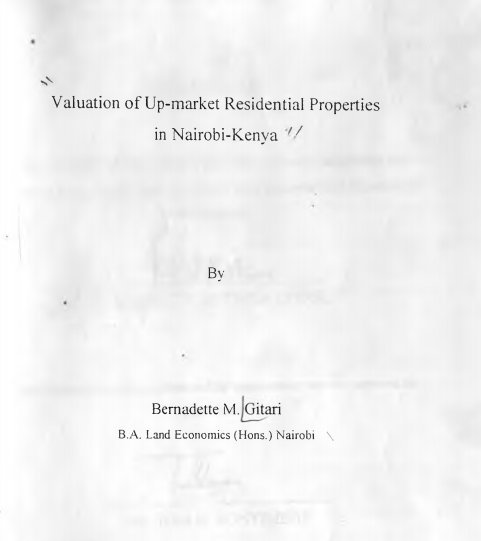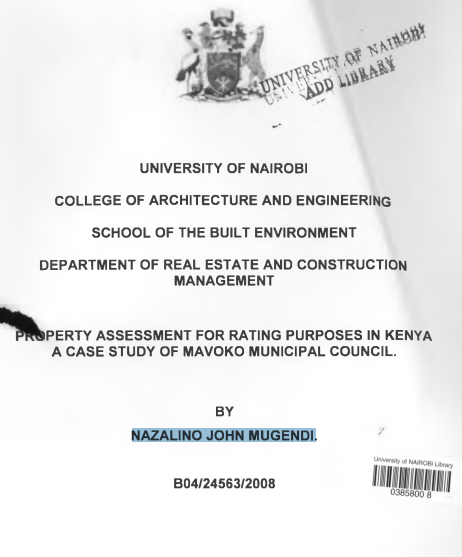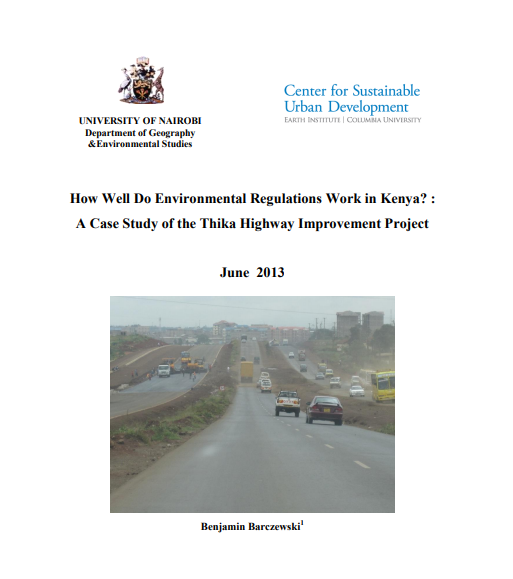Legitimate land tenure and property rights: fostering compliance and development outcomes Rapid Evidence Assessment
Growing populations and economic change resulting from globalisation and climate change are increasing pressure on land, particularly in urbanising countries. This exposes many of those occupying and using land, particularly the poor and women, to risks resulting from tenure insecurity. Customary practices in land management are giving way to market-based statutory systems of land tenure.





